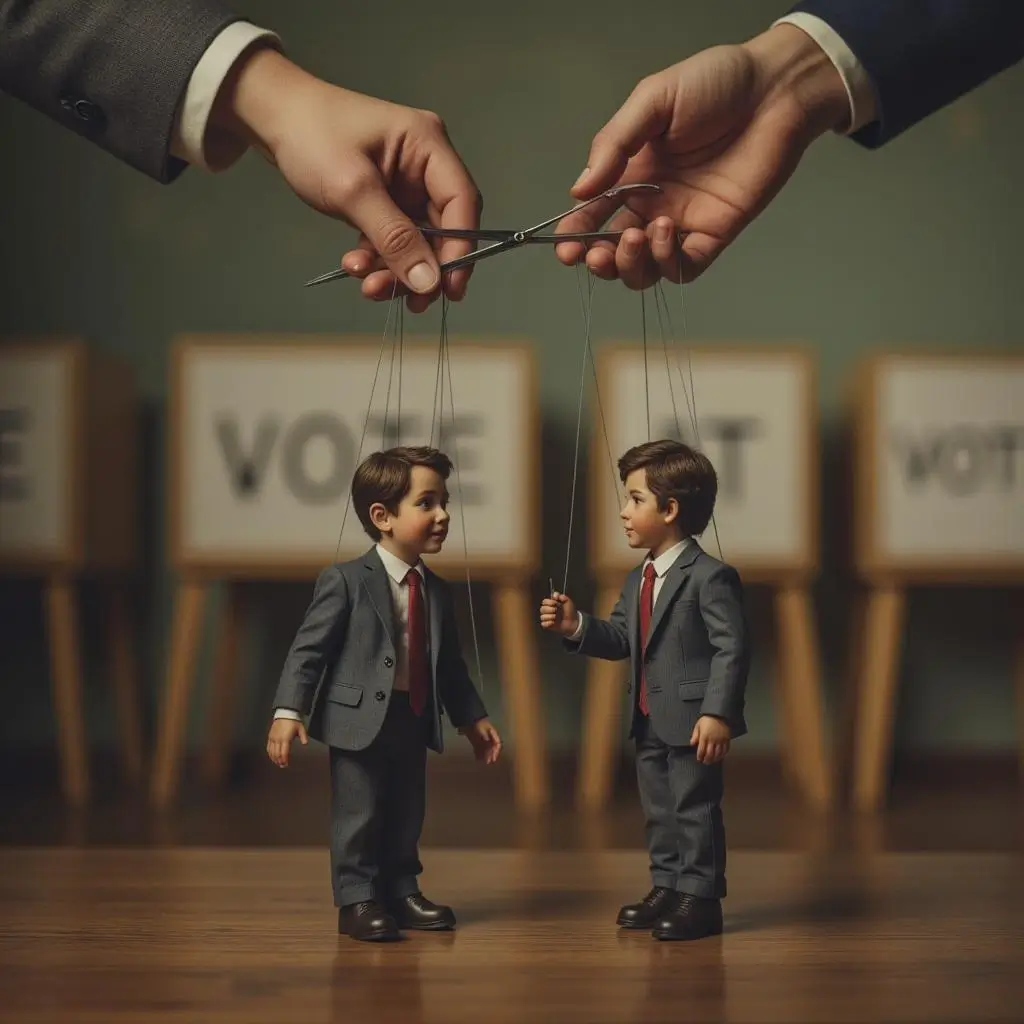Can Politics Exist Without Manipulating People?

Politics has long been intertwined with manipulation, whether through propaganda, misinformation, or emotional appeals. This raises the question: can politics exist without exploiting people's fears, beliefs, and desires? In its ideal form, politics should serve the people, fostering transparency, inclusivity, and genuine representation. Yet, the reality often deviates from this vision.
The core issue lies in the pursuit of power. Political systems often reward those who can influence public opinion, even if it means bending the truth or playing to divisive narratives. This dynamic creates a cycle where manipulation becomes a tool for survival in the political arena, undermining trust and accountability.
Breaking this cycle requires systemic reform. Education plays a crucial role in empowering citizens with critical thinking skills to identify and resist manipulation. Transparency in governance, coupled with media accountability, can create an environment where misinformation has little room to thrive. Additionally, electoral systems must prioritize ethical leadership over popularity contests.
A future where politics is free from manipulation is not an impossible dream. It demands collective effort, where individuals, institutions, and governments work together to prioritize truth and fairness over control. By fostering an informed and engaged citizenry, societies can reclaim politics as a force for unity and progress.
A future where politics is free from manipulation is not an impossible dream. It demands collective effort, where individuals, institutions, and governments work together to prioritize truth and fairness over control. By fostering an informed and engaged citizenry, societies can reclaim politics as a force for unity and progress.
